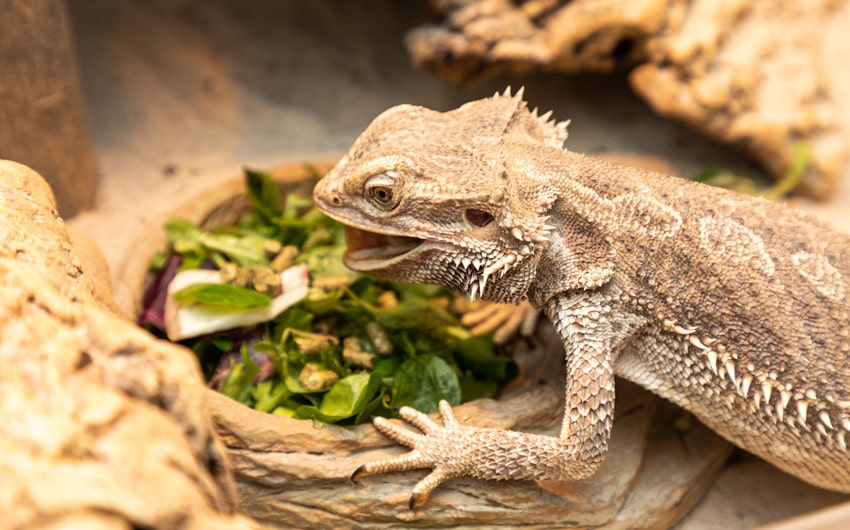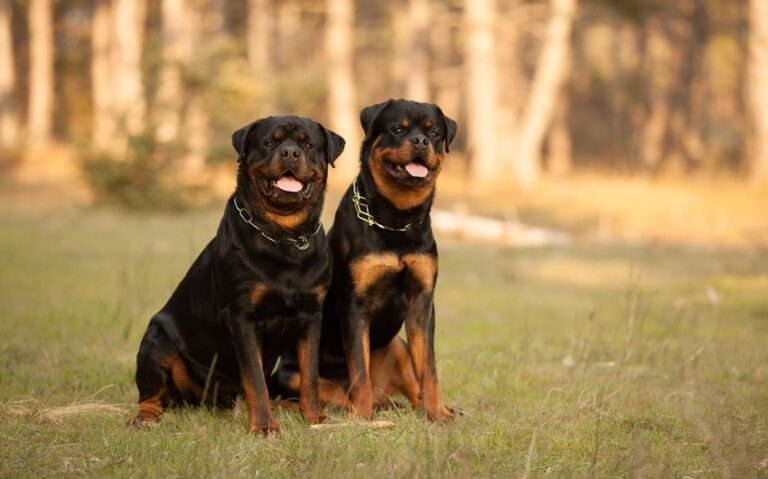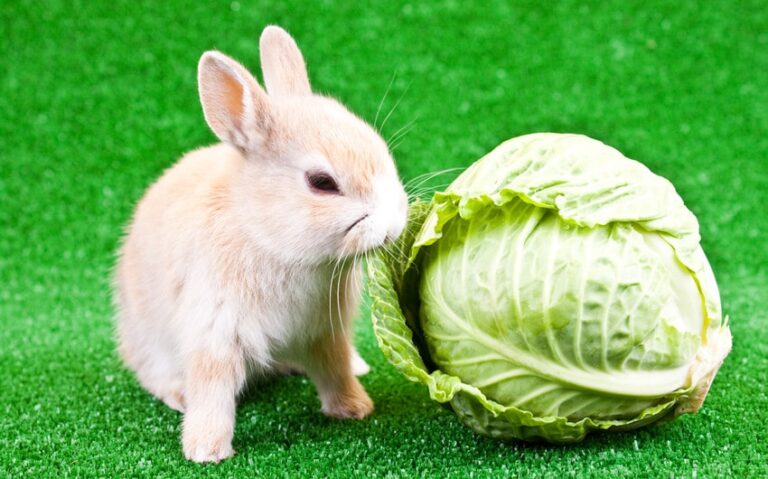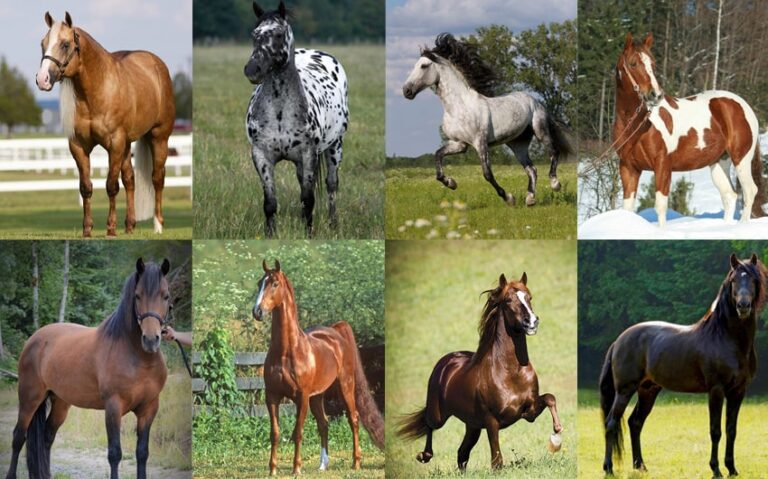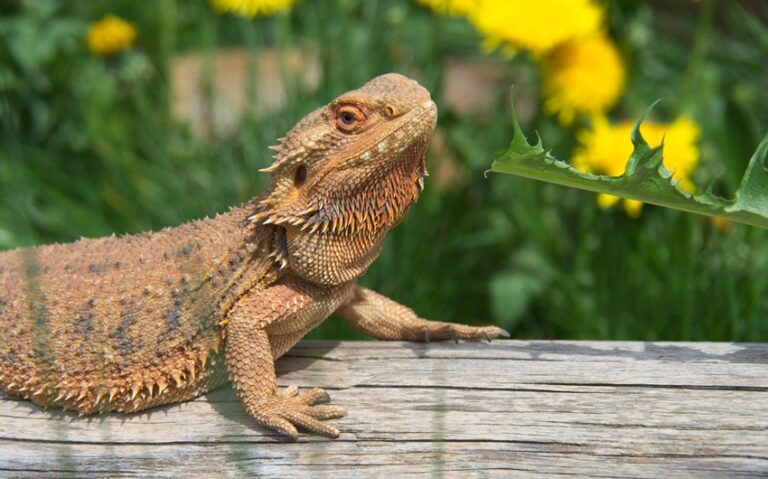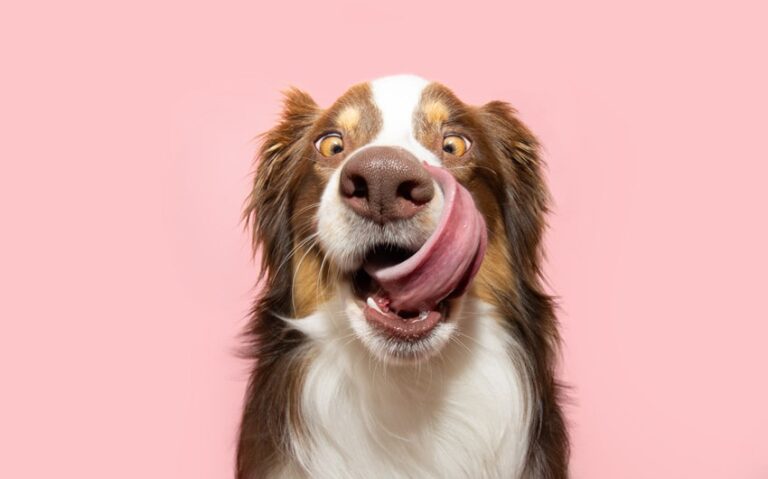Can Bearded Dragons Eat Carrots? A Complete Feeding Guide
Caring for a bearded dragon means understanding what they can and can’t eat to keep them healthy. If you’ve ever wondered, can bearded dragons eat carrots, the answer is yes, but only in moderation. While carrots offer valuable nutrients like vitamin A, too much of them can lead to issues. Feeding your dragon a variety of vegetables is key to making sure they get all the nutrients they need.
In this article, we’ll explore how carrots can fit into their diet and the right way to offer them, ensuring your pet stays happy and healthy.
Can Bearded Dragons Eat Carrots?
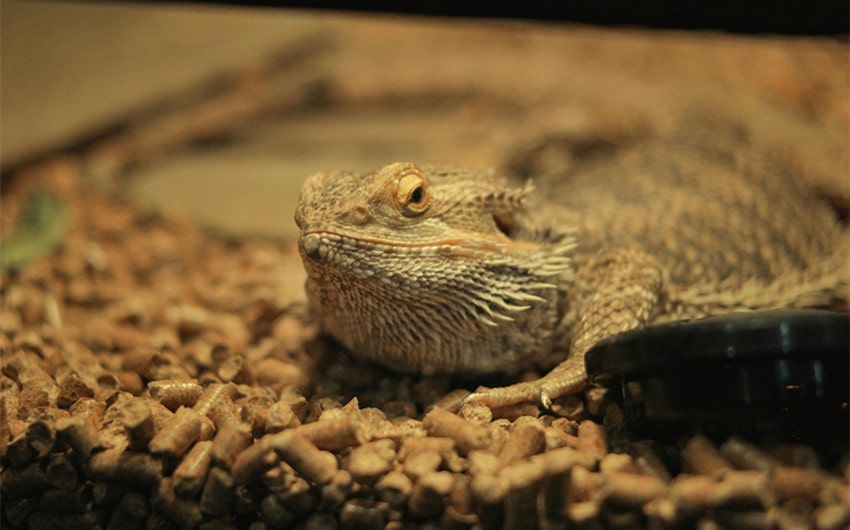
Yes, bearded dragons can eat carrots, but only in moderation. Carrots are a nutritious vegetable that can be offered as part of a bearded dragon’s varied diet. However, they should not be a daily staple. While carrots contain important vitamins and minerals like vitamin A, fiber, and antioxidants, there are potential risks to be aware of when feeding them too often.
Carrots are high in vitamin A, which is beneficial in small amounts but can cause health problems if consumed in excess. Too much vitamin A can lead to hypervitaminosis A, a condition where the body has too much of the vitamin, potentially leading to toxicity. This is especially a concern if your bearded dragon is already receiving vitamin A supplements.
Additionally, carrots are low in calcium, which is a critical nutrient for bearded dragons, and overfeeding carrots may disrupt the balance of their calcium intake.
To safely feed carrots, it’s best to offer them occasionally—about once or twice a week—as part of a balanced meal plan. This way, your bearded dragon can enjoy the benefits of the nutrients without the risks of overconsumption. Always ensure they are given alongside calcium-rich foods and other safe vegetables, making sure your pet gets a well-rounded diet.
Nutritional Benefits of Carrots for Bearded Dragons
Carrots can offer several nutritional benefits to bearded dragons when fed in moderation. They are packed with vitamins, minerals, and antioxidants that can contribute to your pet’s overall health. Here are some of the key nutrients found in carrots and how they can benefit your bearded dragon:
1. Vitamin A
Carrots are an excellent source of vitamin A, which is essential for eye health, immune function, and skin maintenance. For bearded dragons, vitamin A helps maintain good vision and overall well-being. However, it’s important to keep carrot portions moderate, as too much vitamin A can lead to toxicity, especially if your dragon is also receiving supplements.
2. Fiber
Carrots are high in dietary fiber, which can aid in digestion. Fiber helps ensure smooth bowel movements and prevents constipation in bearded dragons, keeping their digestive system healthy. Including fiber-rich vegetables like carrots occasionally can support good digestive health.
3. Beta-Carotene
Carrots are rich in beta-carotene, a powerful antioxidant that is converted into vitamin A by the body. Beta-carotene can help boost your bearded dragon’s immune system, protect cells from damage, and promote healthy skin. This antioxidant also plays a role in maintaining healthy vision, especially as bearded dragons age.
4. Low in Fat
Carrots are naturally low in fat, which makes them a safe treat for bearded dragons. Feeding vegetables that are low in fat helps maintain a healthy weight, ensuring your dragon stays active and avoids the risks associated with obesity.
5. Hydration
Carrots contain a good amount of water, helping to hydrate your bearded dragon. Since some bearded dragons may not drink enough water, incorporating water-rich vegetables like carrots can assist in keeping them hydrated, especially in warm environments.
6. Potassium
Potassium is another important nutrient found in carrots. It supports muscle function, helps regulate fluid balance in the body, and promotes healthy heart function in bearded dragons. Including a variety of vegetables with potassium, like carrots, can contribute to overall muscle and heart health.
Risks of Feeding Too Many Carrots

While carrots can be a nutritious addition to your bearded dragon’s diet, feeding them too frequently or in large quantities can lead to potential health risks. It’s important for owners to be aware of these risks to keep their pets healthy and thriving. Here are the primary concerns associated with overfeeding carrots to bearded dragons:
1. Vitamin A Toxicity (Hypervitaminosis A)
Carrots are rich in vitamin A, which is beneficial in moderate amounts but can cause serious issues if consumed in excess. Bearded dragons that are fed too many carrots or are already receiving vitamin A supplements could develop a condition known as hypervitaminosis A.
This occurs when there is too much vitamin A in their system, which can lead to symptoms like swelling, lethargy, weight loss, and even organ damage. Since bearded dragons naturally convert beta-carotene in carrots into vitamin A, it’s crucial to avoid overfeeding and maintain balance in their diet.
2. Disruption of Calcium Absorption
Bearded dragons require a diet that is high in calcium to maintain strong bones and prevent metabolic bone disease (MBD), a common issue in reptiles. Carrots, while nutritious, are low in calcium and high in oxalates, which can interfere with calcium absorption.
Oxalates bind to calcium and prevent it from being properly absorbed by the body, increasing the risk of calcium deficiency. Overfeeding carrots can contribute to this imbalance, potentially leading to weakened bones, deformities, and other serious health problems.
3. Imbalance in the Diet
Variety is key to a healthy bearded dragon diet, and feeding too many carrots can upset that balance. Carrots should be treated as a supplementary food rather than a staple. If carrots are given too often, they can displace other more essential foods like leafy greens and other calcium-rich vegetables. This imbalance can lead to nutritional deficiencies, as your dragon may miss out on critical nutrients needed for growth, development, and long-term health.
4. Digestive Issues
Although fiber in carrots can help with digestion, too much fiber can lead to digestive problems. Overfeeding carrots, especially raw carrots, can cause bloating, gas, or even diarrhea in bearded dragons. Their digestive system is delicate, and sudden or excessive changes in their diet can lead to discomfort and irregular bowel movements. Moderation is key to keeping their digestive health in check.
5. Overhydration
While it might seem harmless, carrots contain a significant amount of water. Feeding your bearded dragon too many carrots could potentially cause overhydration, especially if they are not accustomed to consuming water-rich vegetables regularly. Overhydration can lead to diarrhea or other digestive discomforts, causing your pet to lose essential nutrients through loose stools.
6. Potential for Picky Eating Habits
Bearded dragons may develop preferences for certain foods if they are offered them too frequently. Overfeeding carrots can make them more likely to reject other nutritious vegetables that they need for a well-balanced diet. If your bearded dragon becomes too fond of carrots, it could result in a limited diet that doesn’t provide the necessary variety of vitamins, minerals, and nutrients they need to thrive.
How to Safely Feed Carrots to Your Bearded Dragon
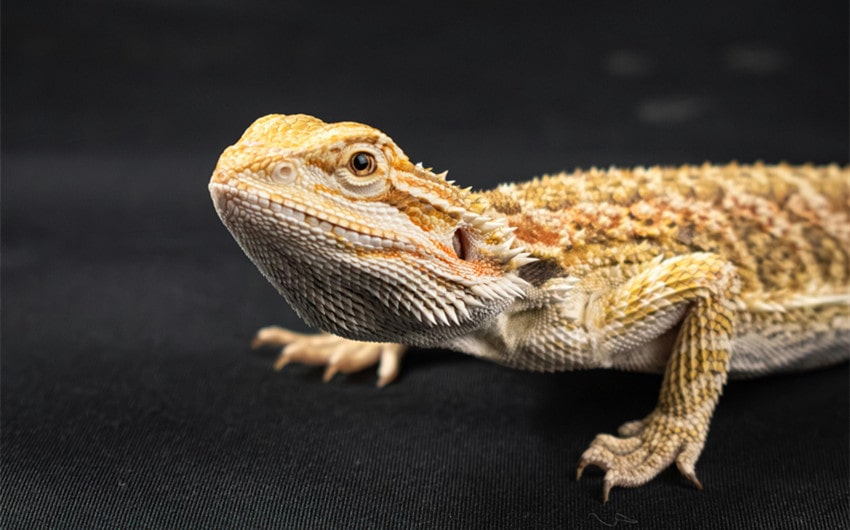
Feeding carrots to your bearded dragon can be a nutritious and enjoyable addition to their diet, but it’s essential to do it properly to avoid health issues. Carrots should be prepared in a specific way, and the portion size should be carefully managed to ensure they are both safe and beneficial. Here’s how to safely feed carrots to your bearded dragon:
1. Raw vs. Cooked Carrots
Raw Carrots: Bearded dragons can eat raw carrots, which retain most of their nutrients, including fiber and vitamin A. Raw carrots provide a satisfying crunch, which can help engage your bearded dragon and encourage natural chewing behavior.
Cooked Carrots: You can also feed them cooked carrots, but be aware that cooking can reduce the nutrient content, especially vitamin A. If you do cook carrots, steam or boil them lightly to soften them without overcooking. Avoid adding any seasoning, oils, or other additives that could be harmful to your dragon.
2. Cut into Small Pieces
Carrots are hard and fibrous, so it’s crucial to cut them into small, bite-sized pieces to prevent choking. Shredding or finely chopping raw carrots is the safest way to serve them. For baby bearded dragons, it’s even more important to make sure the pieces are small enough for easy chewing and digestion.
If you’re serving cooked carrots, you can mash or dice them into tiny pieces to ensure they’re easy to eat.
3. Portion Size and Frequency
Portion Size: Carrots should be offered as a supplement, not the main component of your bearded dragon’s diet. A small handful of shredded carrots is more than enough for an adult bearded dragon. For juveniles or babies, the portion should be even smaller.
Frequency: Carrots should only be fed occasionally—about once or twice a week. Overfeeding can lead to vitamin A toxicity and calcium absorption issues, so balance is key. Bearded dragons benefit from a diverse diet, so it’s best to alternate carrots with other nutrient-rich vegetables like collard greens, kale, and squash.
4. Wash Thoroughly Before Serving
Whether you are feeding raw or cooked carrots, it is essential to wash them thoroughly to remove any pesticides or dirt that could harm your bearded dragon. Organic carrots are preferable, as they are less likely to contain harmful chemicals.
5. Pair with Calcium-Rich Foods
Since carrots are low in calcium, it’s important to balance them with calcium-rich vegetables like collard greens, mustard greens, or dandelion greens. Bearded dragons need a diet high in calcium to support strong bones and prevent metabolic bone disease (MBD), which is common in reptiles with low calcium intake.
You can also dust carrots with a calcium powder supplement, which is especially important if your dragon isn’t getting enough calcium from other sources.
6. Avoid Feeding Carrot Tops
While carrot roots are safe for bearded dragons, carrot tops (the leafy greens) are high in oxalates, which can inhibit calcium absorption. This can increase the risk of metabolic bone disease over time. It’s best to stick to the orange part of the carrot and avoid feeding the greens.
7. Observe for Any Digestive Issues
After introducing carrots to your bearded dragon’s diet, observe how they respond. Some bearded dragons may develop digestive issues like bloating, gas, or diarrhea if they consume too much fiber or water from the carrots. If you notice any changes in their stool or behavior, reduce the frequency of feeding carrots or switch to other vegetables.
Other Vegetables Bearded Dragons Can Eat
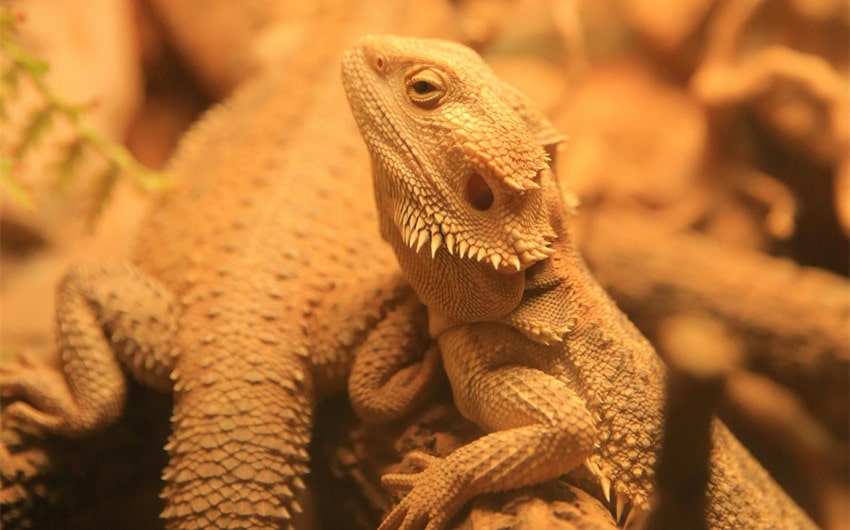
A well-balanced diet is essential for keeping your bearded dragon healthy, and vegetables should play a key role in that diet. Along with carrots, there are several other vegetables that provide important nutrients and can be included in your pet’s regular meal plan. These vegetables offer a variety of vitamins, minerals, and fibers that contribute to their overall well-being. Here’s a list of other safe and nutritious vegetables for bearded dragons:
1. Collard Greens
Collard greens are one of the top vegetables for bearded dragons due to their high calcium content. Calcium is essential for strong bones and preventing metabolic bone disease (MBD), a common health issue in reptiles. Along with calcium, collard greens are packed with vitamins A, C, and K, making them a staple in your dragon’s diet.
2. Mustard Greens
Another excellent leafy green, mustard greens are rich in calcium, vitamins, and antioxidants. They support immune health and promote good digestion. These greens can be a regular part of your bearded dragon’s meals, providing a nutritious balance to their diet.
3. Dandelion Greens
Dandelion greens are a fantastic addition to your dragon’s diet because they are loaded with calcium, vitamins, and minerals. They also contain antioxidants that boost immune function. The high calcium levels in dandelion greens make them ideal for bearded dragons, especially when combined with other nutritious foods.
4. Turnip Greens
Turnip greens are another great option, offering a mix of calcium, fiber, and vitamins. Their calcium-rich content helps prevent bone issues, while fiber supports healthy digestion. Turnip greens can be included regularly to add variety and nutrition to your bearded dragon’s meals.
5. Butternut Squash
Butternut squash is a nutritious vegetable rich in vitamins A and C, and it provides a natural sweetness that many bearded dragons enjoy. It’s also a good source of fiber, aiding digestion. While butternut squash is a great treat, it should be offered in moderation due to its high vitamin A content.
6. Acorn Squash
Like butternut squash, acorn squash is packed with vitamins A and C, as well as fiber and potassium. It’s a good vegetable to add variety to your dragon’s diet. You can serve it raw or lightly cooked for easy digestion.
7. Bell Peppers
Bell peppers, especially red and yellow ones, are a colorful and nutritious option. They are rich in vitamins A and C and offer hydration due to their high water content. However, bell peppers are low in calcium, so they should be fed occasionally and paired with calcium-rich foods.
8. Cucumber
Cucumber is primarily made up of water, making it great for hydration. Although it doesn’t offer many other nutrients, it can be a refreshing and hydrating treat, especially during warmer months. Be sure to feed cucumbers in moderation, as they are low in nutritional value.
9. Zucchini
Zucchini provides fiber, vitamins A and C, and is a low-calorie food. It’s a good option for adding variety to your bearded dragon’s diet. However, like cucumber, zucchini is low in calcium, so it should be offered alongside calcium-rich vegetables.
10. Kale
Kale is a nutrient-dense vegetable that provides calcium, vitamin A, and fiber. However, it contains goitrogens, which can interfere with thyroid function if fed too frequently. Therefore, kale should be given in moderation to prevent any long-term health issues while still benefiting from its nutrients.
11. Parsley
Parsley is another leafy green that provides vitamins A and C, but it also contains oxalates, which can affect calcium absorption. While it can be fed occasionally, it’s best not to overdo it to avoid disrupting calcium levels.
12. Sweet Potato
Sweet potatoes are rich in vitamin A, fiber, and antioxidants. They can be fed occasionally to provide some variety in your dragon’s diet, but like other vitamin A-rich foods, they should not be overfed to avoid the risk of hypervitaminosis A.
13. Green Beans
Green beans are a good source of fiber, vitamins A and C, and a small amount of calcium. They provide a crunchy texture that many bearded dragons enjoy. Green beans can be a regular part of their diet, helping to support good digestion and overall health.
Vegetables to Avoid Feeding Your Bearded Dragon
Some vegetables are not suitable for bearded dragons because they can cause digestive issues or interfere with nutrient absorption. Avoid feeding your bearded dragon the following:
- Spinach: High in oxalates, which block calcium absorption and can lead to metabolic bone disease.
- Rhubarb: Toxic due to high levels of oxalic acid, which can cause poisoning.
- Iceberg Lettuce: Lacks nutritional value and can cause diarrhea due to its high water content.
- Cabbage: Contains goitrogens that interfere with thyroid function.
- Beet Greens: High in oxalates, which can inhibit calcium absorption.
- Broccoli: Contains goitrogens; can be harmful to thyroid function if fed regularly.
- Chard: High in oxalates, preventing proper calcium absorption.
- Avocado: Contains persin, a toxin that can be harmful or even fatal to bearded dragons.
- Onions and Garlic: Toxic and can cause severe digestive issues.
- Celery: High in oxalates and very watery, potentially causing diarrhea with little nutritional benefit.

